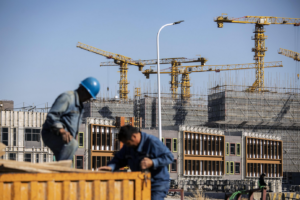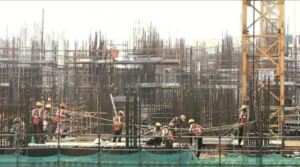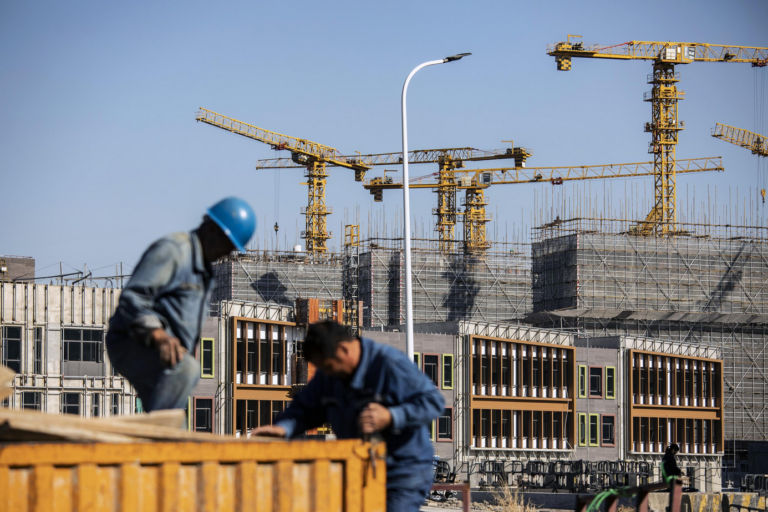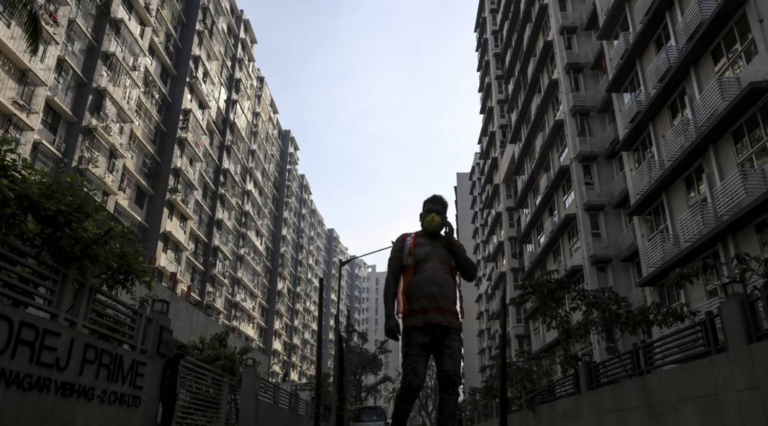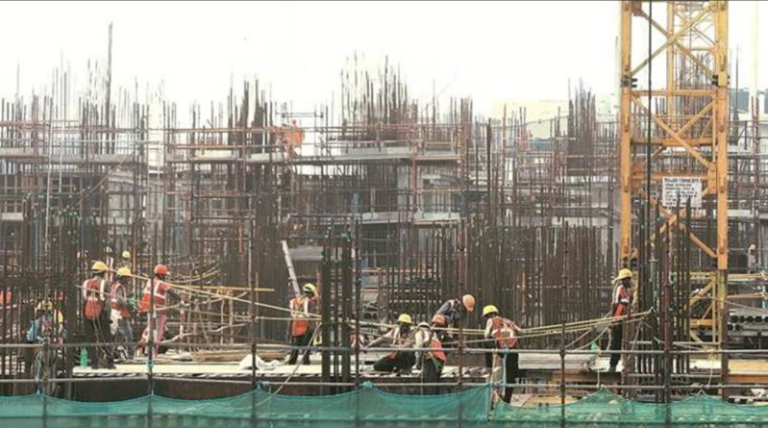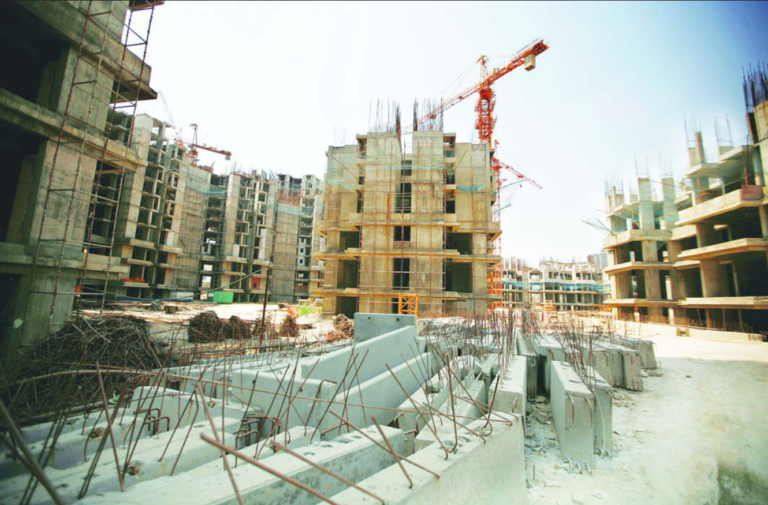Housing sales in the Delhi-NCR region experienced a significant 50% year-on-year decline in the calendar year 2020, totaling 21,234 units, primarily attributed to the subdued demand resulting from the COVID-19 pandemic, as reported by property consultant Knight Frank India on Wednesday. The broader trend across eight major cities also depicted a 37% drop in residential property sales, registering 1,54,534 units in 2020 compared to 2,45,861 units in the preceding year, according to Knight Frank’s ‘India Real Estate – Residential and Office Update H2 2020’ report.
This decline in housing sales was observed uniformly across all eight major cities, with Ahmedabad experiencing the most significant drop and Pune the least. Pune witnessed an 18% decrease in housing sales, totaling 26,919 units in 2020 compared to 32,809 units in the previous year. Mumbai recorded a 20% decline, with sales totaling 48,688 units in 2020, down from 60,943 units in 2019.

A noteworthy factor influencing the real estate market in Mumbai and Pune during the last four months of the 2020 calendar year was the Maharashtra government’s temporary reduction in stamp duty on property registration, leading to increased sales.
In Delhi-NCR, housing sales plummeted by 50% to 21,234 units from the previous year’s 42,828 units, while Bengaluru witnessed a 51% decrease in demand, with sales dropping to 23,579 units from 48,076 units during the same period. Chennai experienced a 49% decline to 8,654 units in 2020 from 16,959 units in the previous year. Hyderabad saw a 38% decrease to 10,042 units from 16,267 units, and Kolkata recorded a 21% fall in sales, totaling 8,912 units from 11,266 units.

The city most severely impacted was Ahmedabad, where sales declined by 61% to 6,506 units in 2020 from 16,713 units in the previous year. Despite the ongoing pandemic, the real estate market showed signs of revival in H2 2020, with significant improvement in home sales during Q4 2020, according to Shishir Baijal, CMD of Knight Frank India. He attributed this positive trend, particularly in Mumbai and Pune, to the Maharashtra government’s decision to reduce stamp duty. Baijal suggested that other state governments should consider similar measures to stimulate demand in their respective markets. Additionally, he noted that the RBI’s decision to maintain low repo rates has narrowed the gap between rent and home loan EMI, further influencing the real estate landscape.


